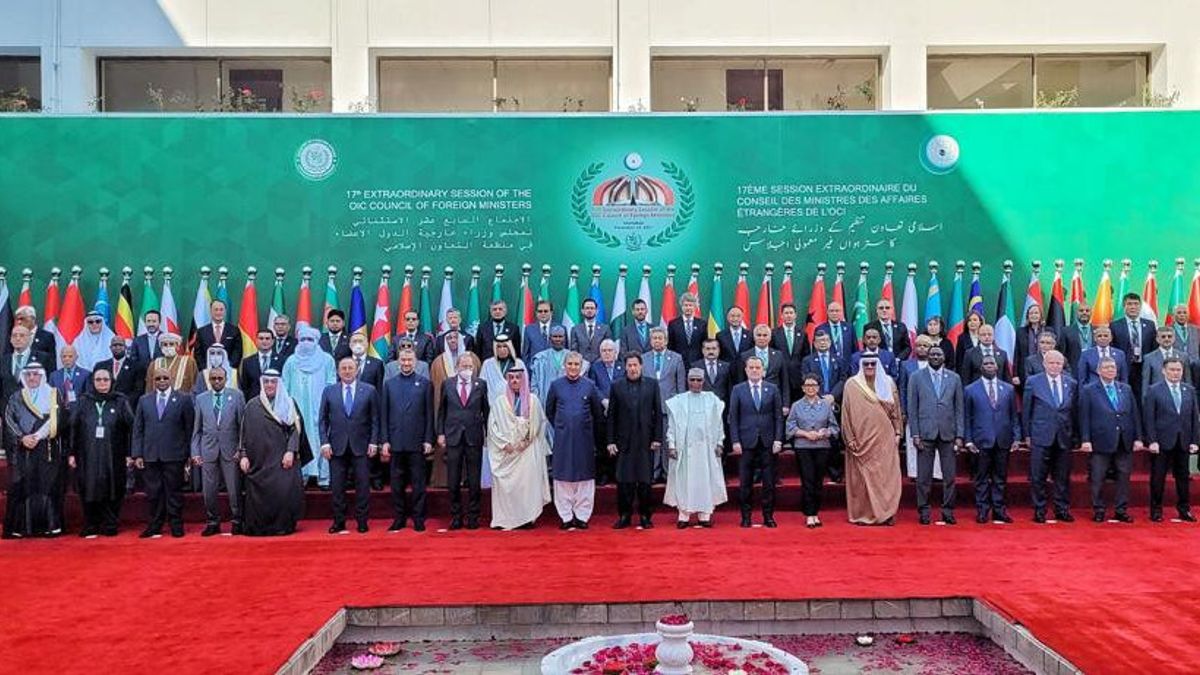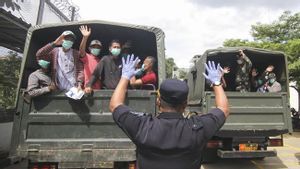JAKARTA - Countries belonging to the Organization of Islamic Cooperation (OIC) pledged on Sunday to set up a humanitarian trust fund for Afghanistan, with millions facing hunger and a harsh winter, Pakistan's prime minister warned of chaos if the deteriorating state of emergency is not soon. handled.
The crisis has raised concerns but the international response has been muted, given the West's reluctance to help the Taliban government, which seized power in August.
"Unless action is taken immediately, Afghanistan is headed for chaos," Prime Minister Imran Khan told a meeting of foreign ministers from the OIC in Islamabad, citing Reuters December 20.
The trust fund, announced by Pakistan's Minister of Foreign Affairs Shah Mahmood Qureshi, will be established under the auspices of the Islamic Development Bank.
Allowing Afghanistan to access frozen reserves abroad will be key to preventing an economic collapse, participants at the meeting, which included representatives from the United Nations, United States, European Union and Japan, said in a statement.
However, it is not clear how much money will be accommodated and the meeting did not give official recognition to the Taliban government.

Meanwhile, Afghanistan's Acting Foreign Minister Amir Khan Muttaqi said the government had restored peace and security, doing much to address demands to be more inclusive by respecting human rights, including women's rights.
"All must recognize that Afghanistan's political isolation is of no benefit to anyone, therefore it is very important that all support the existing stability and support it both politically and economically," he explained.
Taliban officials have previously asked for help to rebuild Afghanistan's shattered economy, as well as to feed the more than 20 million people at risk of starvation.
Several countries and aid organizations have started providing aid, but the country's near-collapse banking system has complicated their work.
Qureshi, said opening up financial and banking channels is very important "because the economy cannot function and people cannot be helped without the banking system."
The scale of the challenge has been underscored by the crowds gathered outside the newly reopened passport office in Kabul, where hundreds were queuing for passports that would allow them to leave the country.
Beyond direct aid, Afghanistan needs assistance to ensure long-term economic stability. Much will depend on whether Washington is willing to disburse billions of dollars in central bank reserves, lifting sanctions that have caused many institutions and governments to shy away from direct ties to the Taliban.
Muttaqi said the Taliban would not allow Afghanistan to be used as a base for attacks on other countries. And, he said no retaliation would be taken against previous government officials.
However, the Taliban have faced strong criticism for keeping women and girls out of work and education and excluding large parts of Afghan society from the government. They have also been accused of trampling on human rights and, despite their amnesty pledges, of targeting officials from the previous administration.
The English, Chinese, Japanese, Arabic, and French versions are automatically generated by the AI. So there may still be inaccuracies in translating, please always see Indonesian as our main language. (system supported by DigitalSiber.id)











